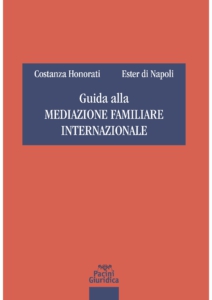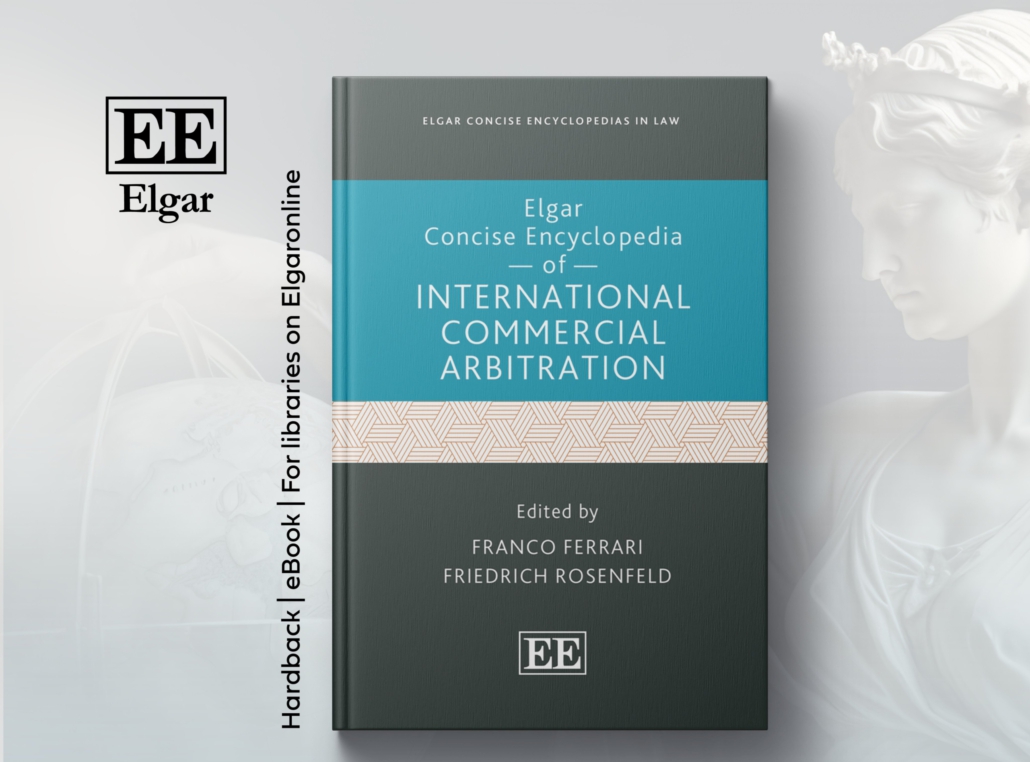Views
China’s New Civil Procedure Law and the Hague Choice of Court Convention: One Step Forward, Two Steps Back?
By Sophia Tang, Wuhan University
China’s New Civil Procedure Law adopted in 2023 and taking effect from 1 Jan 2024 introduces significant changes to the previous civil procedure law regarding cross-border litigation. One of the key changes pertains to choice of court agreements. In the past, Chinese law on choice of court agreements has been criticized for being outdated and inconsistent with international common practice, particularly because it requires choice of court clauses to be in writing and mandates that the chosen court must have “practical connections” with the dispute. After China signed the Hague Choice of Court Convention, there was hope that China might reform its domestic law to align with the Hague Convention’s terms and eventually ratify the Convention.
The New Civil Procedure Law retains the old provision on choice of court agreements, stating that parties can choose a court with practical connections to the dispute in writing (Article 35). This provision is included in the chapter dealing with jurisdiction in domestic cases, but traditionally, Chinese courts have applied the same requirements to choice of court clauses in cross-border cases.
The problematic exclusivity of the UPC on provisional measures in relation with PMAC arbitrations
Guest post by Danilo Ruggero Di Bella (Bottega Di Bella)
This post delves into the issues stemming from the exclusive jurisdiction of the Unified Patent Court (UPC) on interim relief in relation with the judicial support of the arbitrations administered by the Patent Mediation and Arbitration Centre (PMAC).
Risks of divesting State courts of competence on interim measures
On one hand, article 32(1)(c) UPC Agreement (UPCA) provides for the exclusive jurisdiction of the UPC to issue provisional measures in disputes concerning classical European patents and European patents with unitary effect. Under article 62 UPCA and Rules 206 and 211 of the UPC Rules of Procedure (UPC RoP), the UPC may grant interim injunctions against an alleged infringer or against an intermediary whose services are used by the alleged infringer, intended to prevent any imminent infringement, to prohibit the continuation of the alleged infringement under the threat of recurring penalties, or to make such continuation subject to the lodging of guarantees intended to ensure the compensation of the patent holder. The UPC may also order the provisional seizure or delivery up of the products suspected of infringing a patent so as to prevent their entry into, or movement, within the channels of commerce. Further, the UPC may order a precautionary seizure of the movable and immovable property of the defendant (such its bank accounts), if an applicant demonstrates circumstances likely to endanger the recovery of damages, as well as an interim award of costs. Additionally, under article 60 UPCA, the UPC may order provisional measures to preserve evidence in respect of the alleged infringement and to inspect premises.
A Plea for Private International Law
A new paper by Michael Green, A Plea for Private International Law (Conflict of Laws), was recently published as an Essay in the Notre Dame Law Review Reflection. Michael argues that although private international law is increasingly important in our interconnected world, it has fallen out of favor at top U.S. law schools. To quote from the Essay:
Private international law has not lost its jurisprudential import. And ease of travel, communication, and trade have only increased in the last century. But in American law schools (although not abroad), private international law has started dropping out of the curriculum, with the trend accelerating in the last five years or so. We have gone through US News and World Report’s fifty top-ranked law schools and, after careful review, it appears that twelve have not offered a course on private international law (or its equivalent) in the last four academic years: Arizona State University, Boston University, Brigham Young University, Fordham University, University of Georgia, University of Minnesota, The Ohio State University, Pepperdine University, Stanford University, University of Southern California, Vanderbilt University, and University of Washington. And even where the course is taught, in some law schools—such as Duke, New York University, and Yale—it is by visitors, adjuncts, or emerita. It is no longer a valued subject in faculty hiring.
News
Call for Papers: Special Issue of the Akdeniz University Faculty of Law Journal in Honor of Peter Hay
Necla Ozturk (Editor of the Akdeniz University Faculty of Law Journal) has kindly shared the following call for papers with us:
On the occasion of the 90th birthday of distinguished legal scholar Professor Dr. Peter Hay, Akdeniz University Faculty of Law Journal is preparing a special issue to be published in 2025, dedicated to his outstanding contributions to Private International Law and Comparative Law.
Throughout his illustrious academic career, Professor Hay has profoundly influenced the field through his pioneering work on the relationships between American, German, and European Private Law systems. His publications, teaching, and international engagements have left a lasting mark on the legal world.
We would be honored to receive a contribution from you for this commemorative issue. We especially welcome articles that address topics aligned with Professor Hay’s areas of expertise or offer critical reflections inspired by his scholarly legacy.
Suggested Topics Include:
• Private International Law
• Comparative Law
• Convergence/Divergence of Legal Systems
• American And European Private Law
• Critical Assessments of Professor Hay’s WorkSubmission Deadline: November 15, 2025
Languages Accepted: Turkish, English, German, French.
Submission Guidelines: https://dergipark.org.tr/en/pub/akdhfd/writing-rulesPlease submit your article via https://dergipark.org.tr/en/pub/akdhfd or hukukdergi@akdeniz.edu.tr by the deadline indicated above.
We look forward to your valuable contribution to this special issue that pays tribute to Professor Peter Hay’s scholarly achievements and influence.
Out Now: Elgar Concise Encyclopedia of International Commercial Arbitration
Despite all recent efforts from the HCCH 2019 Judgments Convention to the founding of International Commercial Courts (ICC) promoting the attractiveness of court litigation, the most favoured method for resolving international disputes in civil and commercial matters, without a single doubt, remains arbitration. According to the 2025 QMUL International Arbitration Survey an overwhelming majority of respondents (87%) would choose international arbitration either as a standalone mechanism (39%) or in combination with other mechanisms of alternative dispute resolution (48%). Read more
Mediating Across Borders: A Guide to Cross-Border Family Dispute Resolution by Costanza Honorati and Ester di Napoli
 In response to the growing complexity of cross-border family disputes – driven by increasing mobility and evolving family configurations – the recently published Guida alla mediazione familiare internazionale in materia di responsabilita genitoriale e sottrazione internazionale di minori, authored by Costanza Honorati and Ester di Napoli (Pacini Editore, 2025; available online in open access, in Italian), offers a rigorous and thematically cohesive guide to the law and practice of cross-border family mediation. Grounded in both European and multilateral legal instruments, the volume brings together doctrinal precision, procedural clarity, and practical insight, establishing itself as an essential reference for legal practitioners, judges, mediators, and scholars navigating the intricate terrain of cross-border family justice. Read more
In response to the growing complexity of cross-border family disputes – driven by increasing mobility and evolving family configurations – the recently published Guida alla mediazione familiare internazionale in materia di responsabilita genitoriale e sottrazione internazionale di minori, authored by Costanza Honorati and Ester di Napoli (Pacini Editore, 2025; available online in open access, in Italian), offers a rigorous and thematically cohesive guide to the law and practice of cross-border family mediation. Grounded in both European and multilateral legal instruments, the volume brings together doctrinal precision, procedural clarity, and practical insight, establishing itself as an essential reference for legal practitioners, judges, mediators, and scholars navigating the intricate terrain of cross-border family justice. Read more



